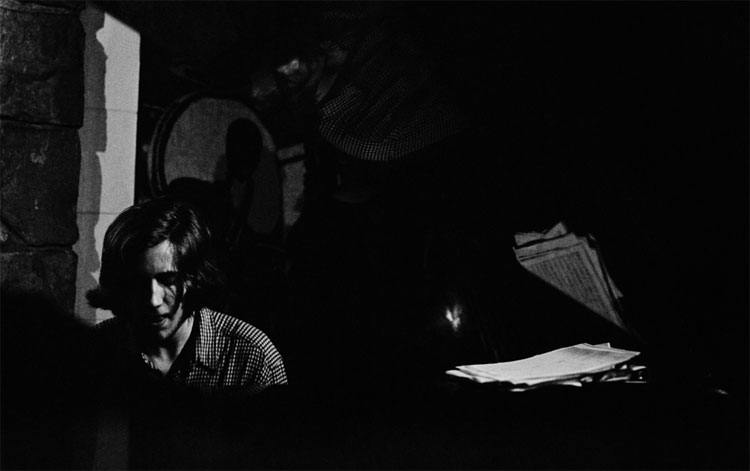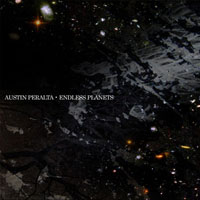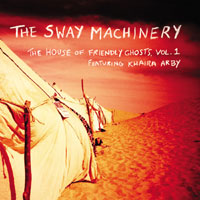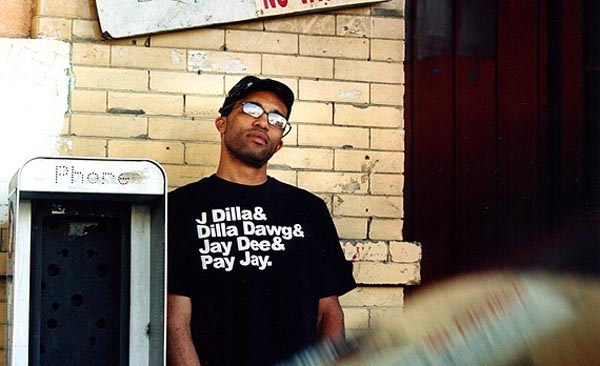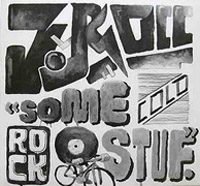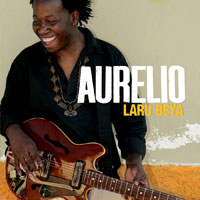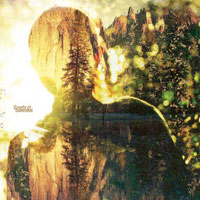The Groove Seeker goes in search of killer grooves across rock, funk, hip hop, soul, electronic music, jazz, fusion, and more.
 Tune-Yards: Whokill (4AD, 4/19/11)
Tune-Yards: Whokill (4AD, 4/19/11)
Tune-Yards: “Bizness”
[audio:https://alarm-magazine.com/wp-content/uploads/2011/04/06-Bizness.mp3|titles=tUnE-yArDs: “Bizness”]If you’ve ever seen Merill Garbus’ Tune-Yards play live, you understand how resourceful and creative a musician she is. With a ragtag set of drums and ukulele close at hand, Garbus builds her songs from scratch by live-looping repetitive drum and vocal patterns. Crafty to say the least, her performances are a multitasking puzzle of pedal stepping and vocal-scat arranging, revealing compositions and melodies that are spontaneous but clearly logical.
As Tune-Yards, Garbus surprised many with a gem of a debut in 2009. That record, Bird-Brains, thrives on the same weirdness and DIY attitude that make Garbus’ live shows so enjoyable. Not only were the songs recorded using a freeware program, but the folk-inspired experiments are packed with field recordings, Dictaphone samples, and intermittent elements of R&B and hip hop, all loosely fastened down by Garbus’ versatile Afro-pop-influenced vocals.
Whokill, Garbus’ second album under the case-sensitive moniker (generally stylized as tUnE-yArDs), sees her trading in the Dictaphone for some full-blown studio time. Tracked and mixed by Eli Crews (producer for Deerhoof and Why?), with co-writing credits going to bassist Nate Brenner (Beep), the record shows definite growth from those lo-fi-recording days. Thankfully, a bit of studio polish doesn’t take away her charm and musical wit. If anything, the new approach gives her avant-garde pop the right venue in which to be properly heard.



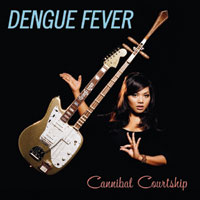
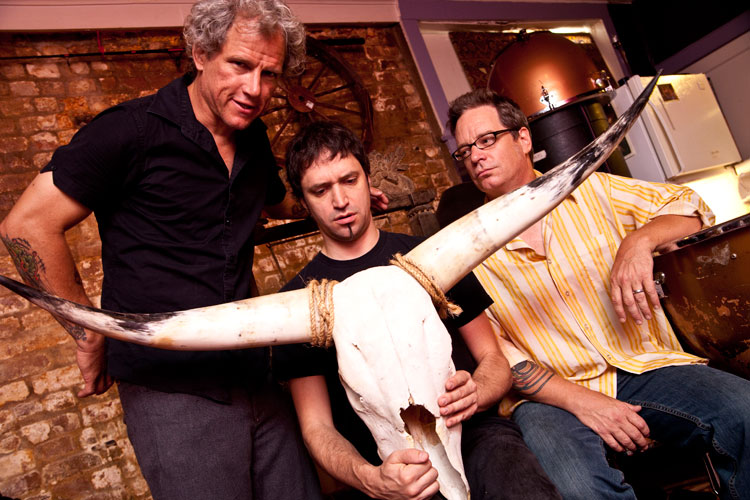
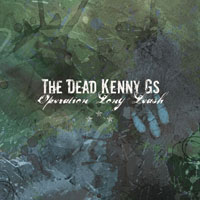

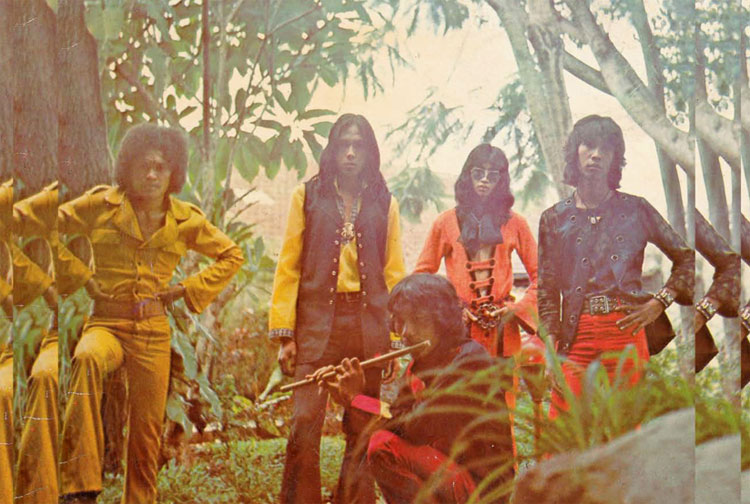
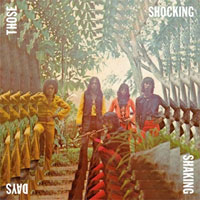 V/A: Those Shocking, Shaking Days: Indonesian Hard, Psychedelic, Progressive Rock and Funk, 1970-1978 (
V/A: Those Shocking, Shaking Days: Indonesian Hard, Psychedelic, Progressive Rock and Funk, 1970-1978 (